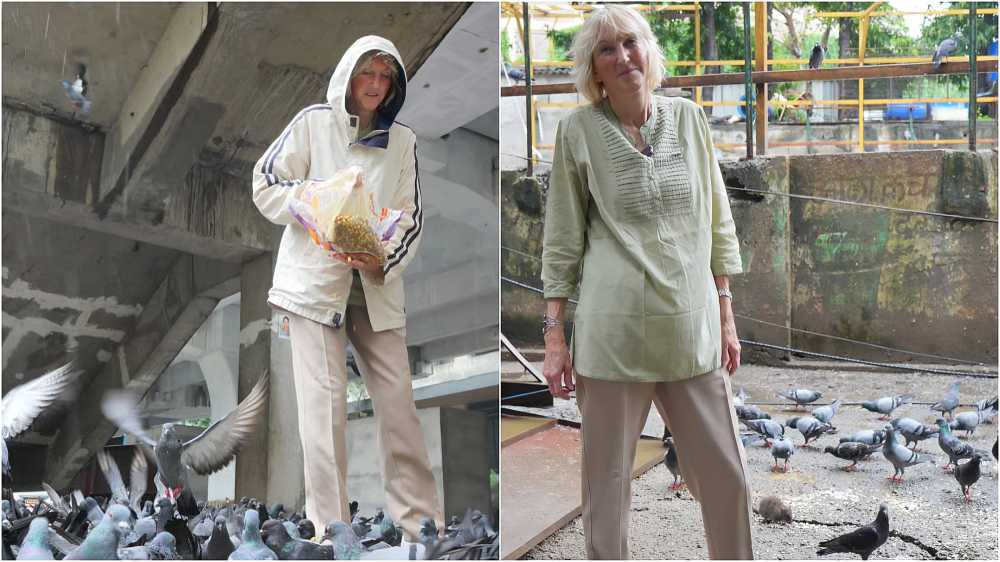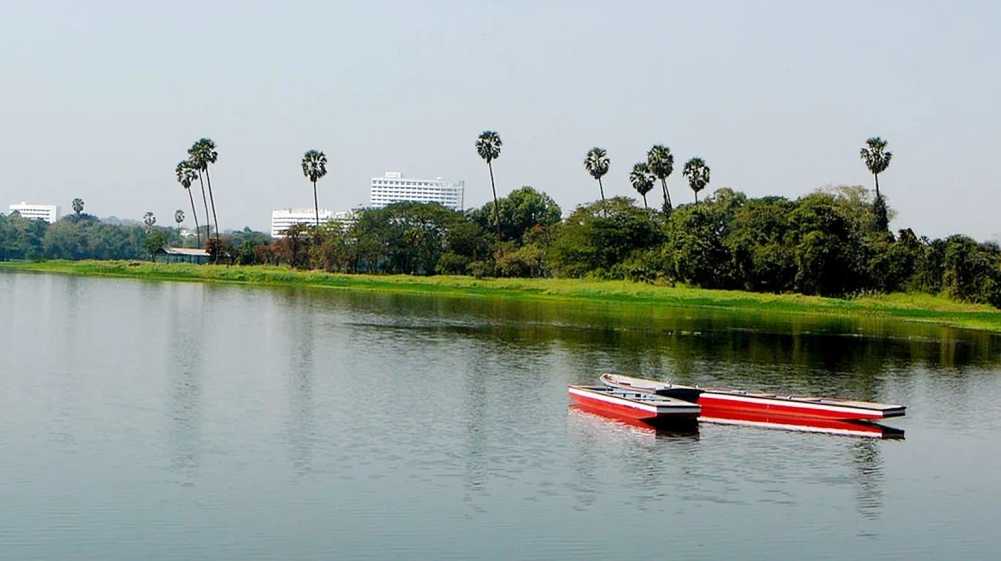August 23, 2025: Pigeon feeding is a longstanding tradition of cultural and religious significance, People for the Ethical Treatment of Animals (PETA) India has emphasised in a letter to Maharashtra Chief Minister Devendra Fadnavis. The animal welfare organisation also released a factsheet challenging claims that pigeons pose serious health risks, arguing that harmful substances are more likely to be found in air conditioners, humidifiers, and contaminated food rather than in bird droppings or feathers.
The Brihanmumbai Municipal Corporation (BMC) has invited citizens to submit suggestions and objections amid growing public debate over pigeon feeding at the city’s iconic kabutarkhanas. In its letter to the Chief Minister on Wednesday, PETA India welcomed his statement that “abruptly shutting shelters is not a solution” and praised his assurance that controlled feeding would continue under civic supervision.
PETA highlighted six decades of scientific research indicating that disease transmission from pigeons to humans is very low. While a German study suggested homing pigeons could pose minor health concerns, research from the University of Edinburgh stated pigeons are unlikely carriers of the bird flu virus. Furthermore, a Right to Information (RTI) response from Mumbai’s three largest civic hospitals revealed that only 0.3% of respiratory illness cases in 2024 were linked to pigeon exposure.
Medical literature on hypersensitivity pneumonitis notes that repeated exposure to bacteria, mould, or chemicals from sources such as air conditioners, humidifiers, contaminated foods, metalwork fluids, hardwood dust, hay, grain, and hot tubs can contribute to respiratory issues—showing that pigeon droppings are not the sole risk factor.
To balance tradition and public health, PETA suggested designated feeding hubs at kabutarkhanas with clear feeding hours, pigeon-friendly food, and bans on littering or plastics. Sanitation teams would carry out regular cleaning, and nutrient-rich droppings could be routed to municipal composting facilities. The organisation also recommended a multilingual public-education campaign to reassure citizens that the risk of disease from pigeons is negligible.
PETA advised adopting the globally recognised Pigeon Control Advisory Service (PiCAS) model, used successfully in European cities. The plan includes artificial nesting near feeding areas, egg replacement with dummies, and pigeon-proofing key buildings using non-lethal deterrents.
Atharva Deshmukh, PETA India’s campaigns coordinator, said, “Mumbai’s kabutar khanas offer countless citizens spiritual fulfilment. Pigeons that have relied on these feeders for generations could starve without them.”
PETA founder Ingrid Newkirk, who recently visited India, reaffirmed support for Jain and Hindu communities maintaining these feeding stations, warning, “We will be supporting them in court to ensure these gentle birds do not starve.”
Source: The Free Press Journal





